Iran’s indigenous capacities for self-sustenance in face of sanctions
With US President-elect Donald Trump reportedly planning to drastically increase sanctions on Iran and throttle its oil sales, it is essential to take appropriate countermeasures by mobilizing the country’s indigenous capabilities in all areas.
Sanctions have been an inveterate feature of the aggressive US strategy toward Iran for more than four decades, forcing the country to learn how to adjust and carry on by digging into its indigenous resources and tapping alternative sources.
However, what is more important than identifying and utilizing the capacities is how to manage them in an efficient and responsible way in the face of sanctions.
In other words, the strategy taken by the decision-making, policy-making, legislative and executive branches on how to deal with the hostile situation is of primal significance.
Before addressing Iran's capacities, it merits to mention that the hegemonic and high-handedness policy of the US and the West toward Iran and their use of economic sanctions to harm it stems from the serious conflict of interests between them.
The central element in this enmity is Islam, to which the opposing side is inherently and substantively hostile and intolerant.
After the Islamic Revolution in 1979, the West launched an intricate and hidden cold war of sort on Iran, but the antagonism gradually became more pronounced and blatant, taking cultural, political and social dimensions.
In recent years, the world has witnessed the West’s oft-repeated threat of military option taken off the table as Iran’s deterrent power has grown in size and scale under the guidance of Leader of the Islamic Revolution Ayatollah Seyyed Ali Khamenei and people’s support.
The unwarranted risks associated with the military option have convinced Western leaders to opt for coercive economic measures, much to the disdain of pro-Israeli lobbies and some hawkish circles which still favor a military confrontation.
Hence, the state planners and policy makers have to batten down the hatches in the face of the dark clouds which are gathering over Iran’s economic sector.
Over the last few years, Ayatollah Khamenei has pointedly singled out economy as a strategic area which requires the special attention of state officials, economists and the general public, introducing such concepts as “economic jihad” and “national production” into the country’s economic discourse.
Thanks to the Leadership and the awareness and support of the people, the Iranian nation has so far weathered the most extensive sanctions in its history and transformed threats into opportunities for self-sufficiency and self-reliance.
Today, the fruits of this spirit and transformation are evident in Iran’s defense and high deterrence power which is the subject of global admiration and scrutiny.
However, the sanctions have also exposed the chinks in our economic armor, with Western policymakers and strategists utilizing all their means to take advantage of the weakness and harm Iran.
This means there is no room for complacency on the part of state officials who have to deal with sanctions as a strategic issue.
Sanctions per se, as a destructive and disruptive factor, are not of central importance; what is important is how to handle and manage them.
If our judgment of the causes, methods and examples of sanctions is sound and solid, the chances of containing and ultimately neutralizing them are very high. Next, we can move to turn the threat into an opportunity, as seen in our defense sector.
The main purpose of the economic sanctions is to directly target the people and pit them against the establishment.
In his addresses, Ayatollah Khamenei has frequently singled out the people as the capital of the Islamic Republic who have foiled a multitude of conspiracies through their participation in the revolutionary initiatives and supporting them. If this capital loses hope in the macroeconomic management, the establishment will face a serious threat.
The Leader has also cited knowing the enemy and the country’s potentials as the top priorities which should be accompanied by building trust among the public about the ability to overcome the sanctions.
The question that arises is how people are induced into panic buying of certain items or how they develop distrust or lack of faith in the macroeconomic management.
Currently, the enemy is constantly trying to make the best of this weak spot, especially through highlighting the negligence, ignorance, and inattention of some managers and decision-makers.
What is needed is to assure that Iran's economy has a strong basis reliant on endogenous capacities which can self-sustain under the most severe sanctions.
In other words, if the country experiences an economic crisis and recession where its vital lifelines are disrupted, there are enough capacities within the country that can revive its economy and prop it up.
Some of these capacities include Iran's territorial expanse and strategic depth, climate diversity and God-given gifts, the diversity and abundance of mines, the country's legion of educated, skilled and semi-skilled human resources, as well as its massive hydrocarbon resources.
Yemen crashes missiles, drones into American, Israeli targets
Iran’s former pres.’s martyrdom date registered in natl. calendar
Israeli prosecutor admits still can’t find October 7 'rape' victims
Qassam Brigades warns Israel will pay ‘in blood’ for its aggression
Yemeni security forces dismantle Saudi, British espionage network
VIDEO | Press TV's news headlines
Canada's PM Trudeau resigns, suspends parliament till March
France's former president Sarkozy on trial over 'Libyan case'


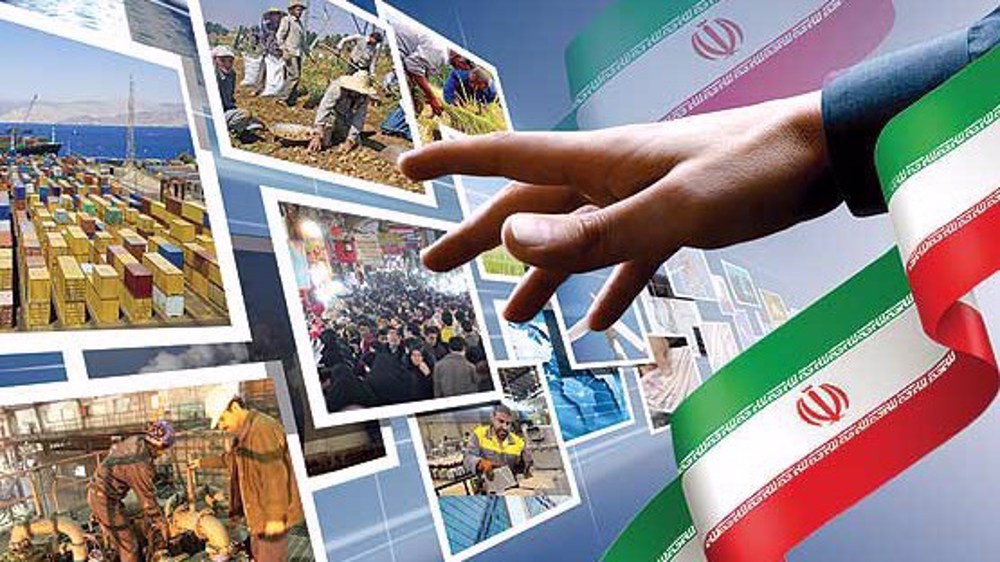
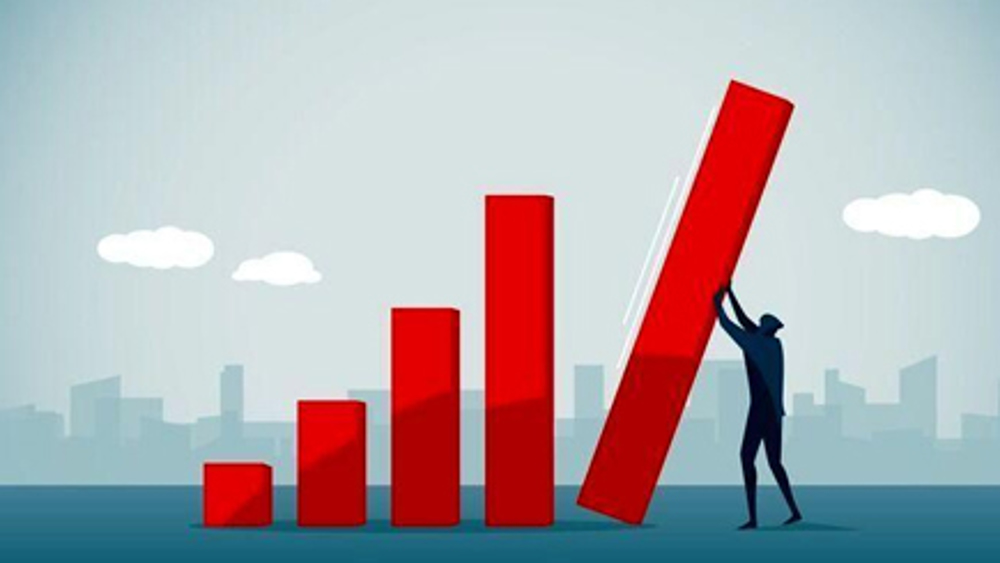
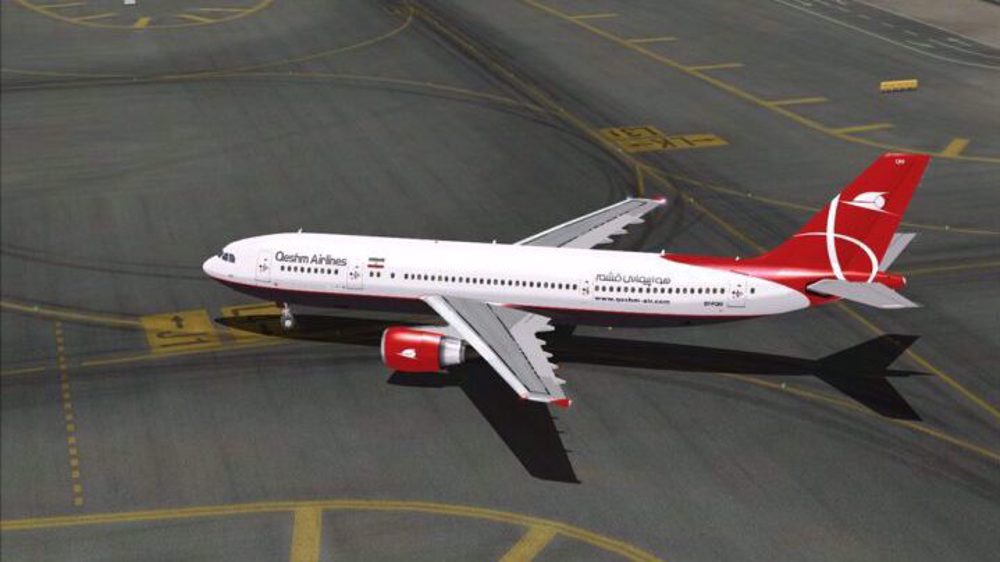
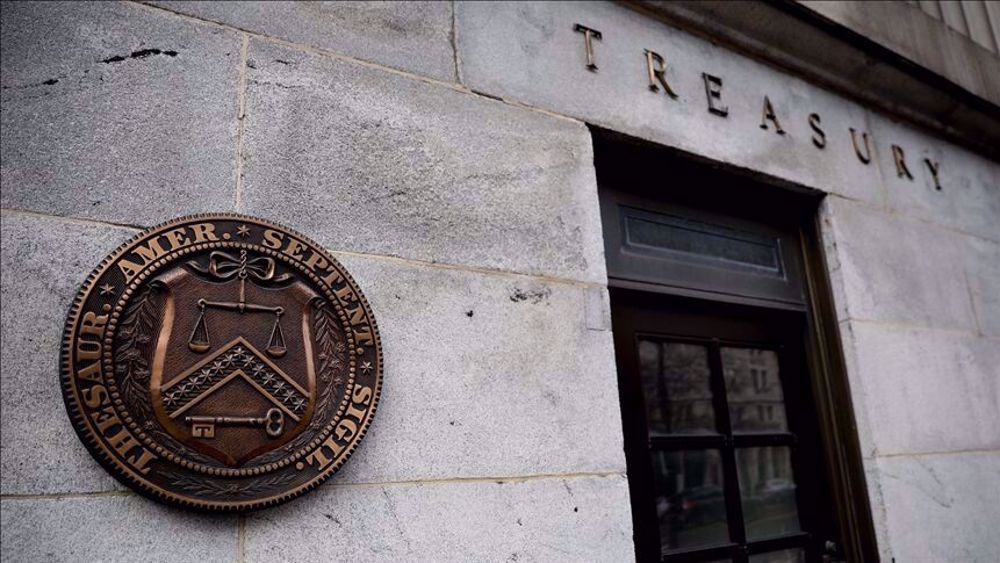
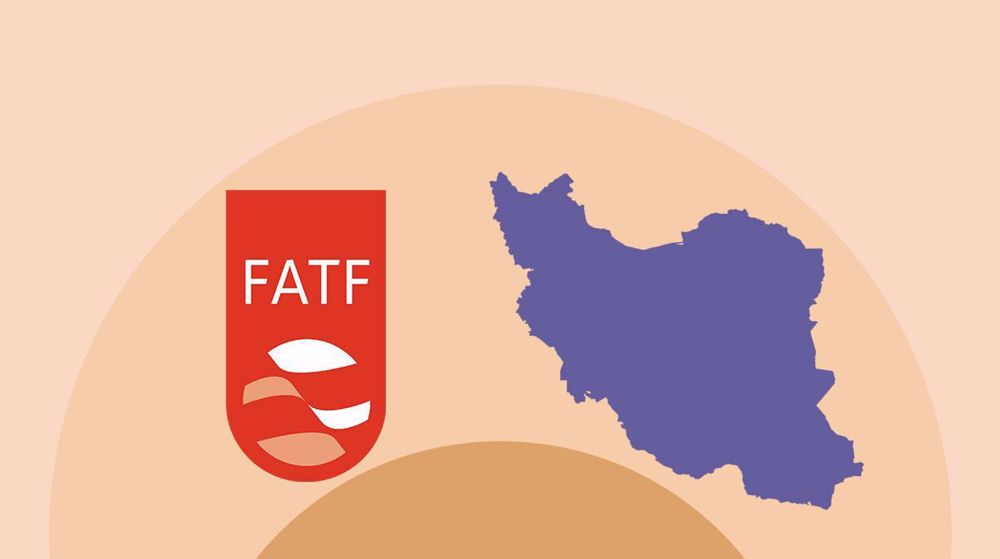




 This makes it easy to access the Press TV website
This makes it easy to access the Press TV website